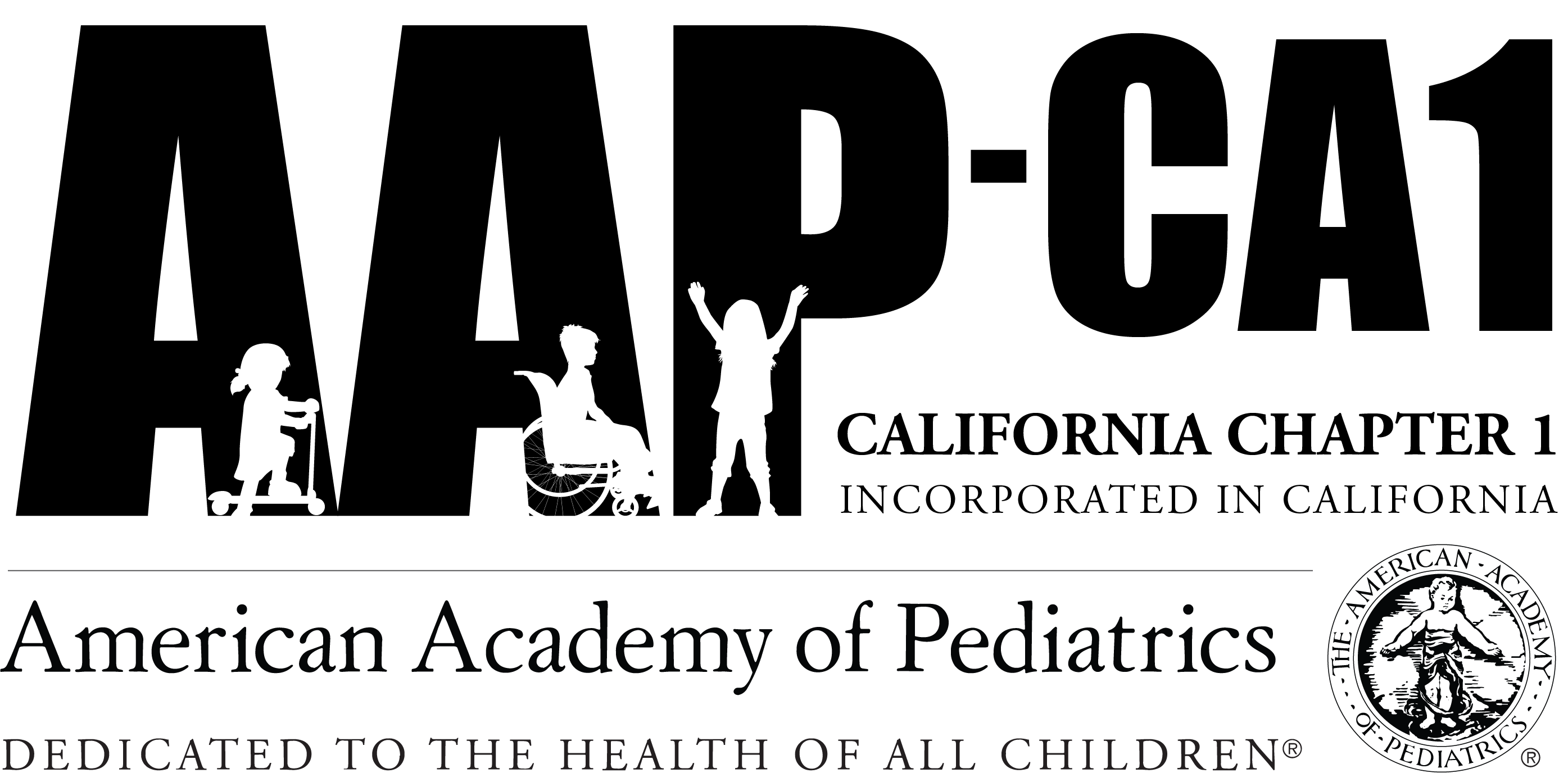A wealth of information regarding mental health concerns can be obtained by establishing trusted primary care relationships and utilizing AAP-recommended components of each well child visit as well as targeted screening of many issues relevant to mental health. Many mental health concerns in the pediatric office setting are elicited through attentive listening, as well as surveillance and screening for potential mental health issues. Surveillance is the routine elicitation of family concerns often performed in the context of a well child exam. Screening is the practice of using a validated instrument to evaluate a possible condition of concern. The Bright Futures/AAP Preventive Pediatric Health Care periodicity schedule contains the most recent recommendations regarding the elements of well child exams and can be found on the AAP website; detailed information, evidence and implementation ideas on each component of the exam are found on the Bright Futures website 7,8.
- AAP Recommendations for Preventive Pediatric Health Care, Bright Futures Periodicity Schedule
- Bright Futures. AAP. Bright Futures
The Screening Technical Assistance & Resource Center (STAR Center) is an excellent resource for reviewing early childhood screening, counseling, referral and follow-up for developmental milestones, maternal depression and social determinants of health.9 Many tools useful in screening and follow-up of behavioral and emotional problems are available on this website. Most of these tools are free and can be implemented as routine screens during well child exams, or with presenting concerns. Effective screening occurs when routinely integrated into the electronic health record and completed and scored by team members before the primary care provider sees the child. It’s essential to a validated screen in a primary care office, especially with respect to how it the validity correlates with the population seen in your practice. Screening tools should have a sensitivity and specificity of > 0.70 in order to adequate identify, but not over-identify children with suspected disorders in your practice.
Psychosocial/Behavioral Assessments. Persistent or significant adverse childhood experiences, including persistent unbuffered stress and family dysfunction can lead to the development of behavioral and emotional problems in children. Clinical judgement has not been shown to reliably identify these problems. These issues are often correlated with familial stresses such as poverty, substance abuse, domestic violence, food and housing instability and mental illness among family members. The AAP Preventive guidelines recommend that pediatric primary care providers assess for the presence of these stresses at every well child visit. An excellent list of Mental Health Tools for Pediatrics provides information on general psychosocial screens that can be used for various age groups, as well as specific screens for substance abuse, adolescent depression, trauma, domestic violence and food insecurity10.
Developmental Delay Screening. Developmental delay and autism spectrum disorder may predict future need for family counseling and support as well as referral to programs to optimize the child’s condition. Developmental delay has been shown to be correlated with mental health concerns as well as toxic stress disorder and when identified, should be followed by further inquiries or screening regarding stress in the family or past experiences of parental stress. Developmental surveillance is recommended at all pediatric well child visits. Screening for developmental delay is recommended with any concerns raised by the parents, and routinely at 9 months, 18 months, and 30 months. Autism Spectrum Disorder screening is recommended at 18 months and 24 months. Recent AAP policy statements provide up-to-date information on the use of screens for developmental delay and autism11,12.
- AAP: Promoting Optimal Development: Identifying Infants and Young Children with Developmental Disorders Through Developmental Surveillance and Screening
- AAP: Identification, Evaluation and Management of Children with Autism Spectrum Disorder
Resources:
- Recommendations for Preventive Pediatric Health Care. Bright Futures/American Academy of Pediatrics. https://downloads.aap.org/AAP/PDF/periodicity_schedule.pdf. Accessed May 18, 2020.
- Bright Futures. AAP. https://brightfutures.aap.org/Pages/default.aspx. Accessed May 18, 2020.
- Screening Technical Assistance & Resource (STAR) Center. Bright Futures/AAP. https://brightfutures.aap.org/clinical-practice/pediatric-residency-and-training-programs/Documents/Screening Technical Assistance & Resource Center (STAR Center).aspx. Accessed May 18, 2020. The Screening in Practices Initiative offers information and resources, including screening recommendations, practice tools, and so much more.
- Mental Health Tools for Pediatrics. https://downloads.aap.org/AAP/PDF/Mental_Health_Tools_for_Pediatrics.pdf. Accessed May 18, 2020.
- Lipkin PH, Macias MM, and The Council on Children with Disabilities, Section on Developmental and Behavioral Pediatrics. Promoting Optimal Development: Identifying Infants and Young Children With Developmental Disorders Through Developmental Surveillance and Screening. Pediatrics. 2020;145(1), e20193449; DOI: https://doi.org/10.1542/peds.2019-3449
- Hyman SL, Levy SE, Myers SM and the AAP Council on Children with Disabilities, Section on Developmental and Behavioral Pediatrics. Identification, Evaluation, and Management of Children With Autism Spectrum Disorder. 2020; 143(1) e20193447; DOI: https://doi.org/10.1542/peds.2019-3447
- Earls MF, Yogman MW, Mattson G et al and The AAP Committee on Psychosocial Aspects of Child and Family Health. Pediatrics. 2019; 143(1), e20183259; DOI: https://doi.org/10.1542/peds.2018-3259.
Tips for accessing these materials: Many of the AAP websites are accessible only for AAP members. If you want to access one of these sites, go to the member log-in on the AAP website and identify yourself as a member before trying to access the site. Articles are also available to non-AAP members through your local medical library or on-line reference library.
Explore other Resources:
ACEs, Trauma Informed Care, and Child Abuse and Maltreatment
Anxiety, Depression, and Suicide Risk
Behavioral & Emotional Concerns (Attention, Emotional Dysregulation and Aggression)
or go back to Mental Health Issue Page
